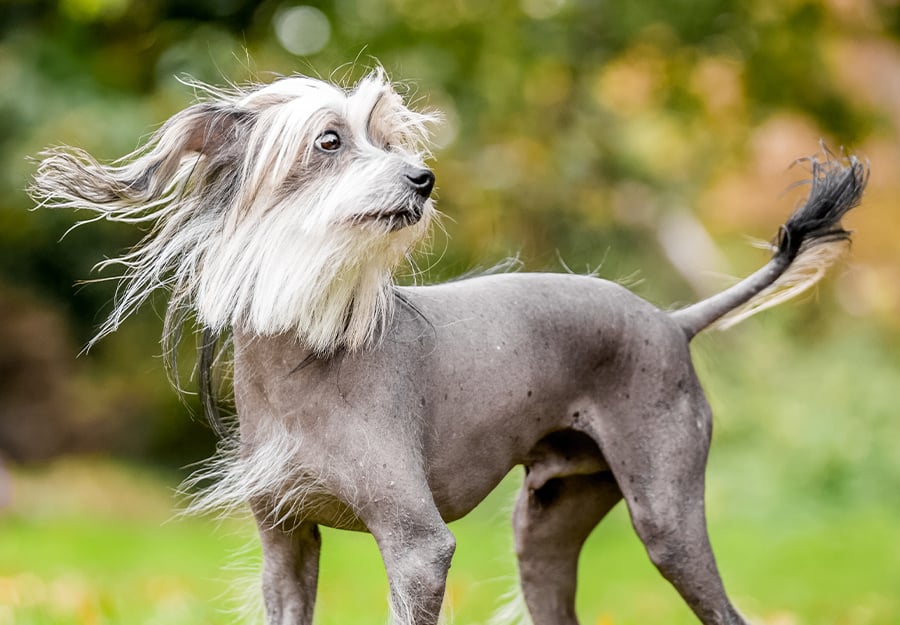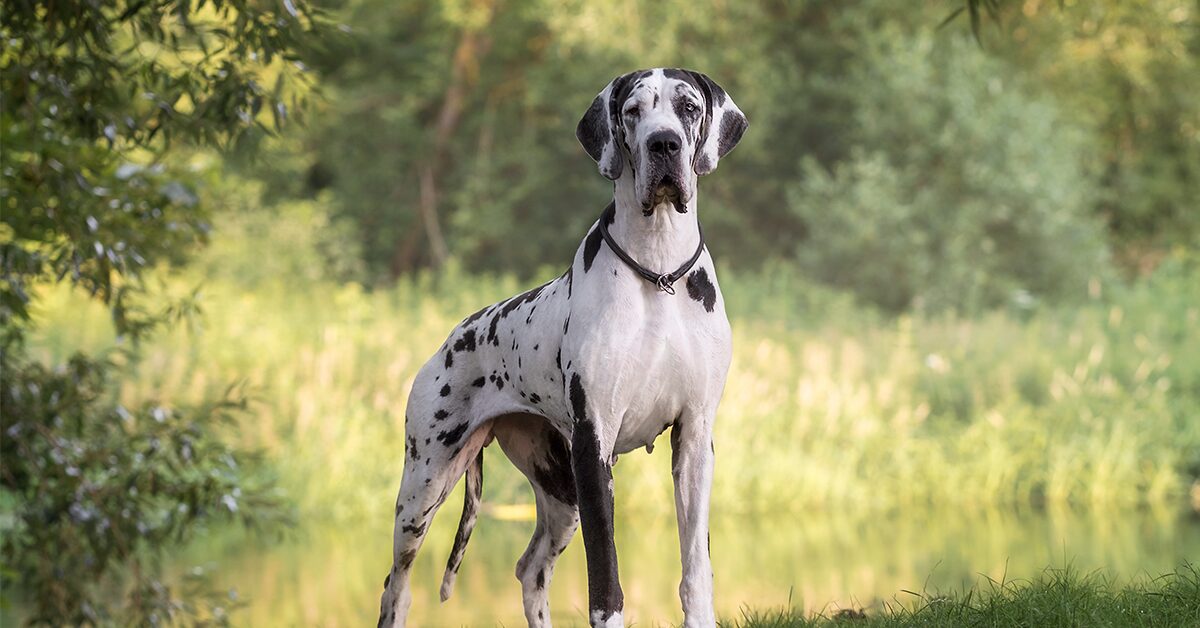
There are many types of dogs with a lot of energy. They include small working breeds and young dogs. You must consider your time commitment before choosing a dog with a high energy level. Labrador Retrievers are a good example of such dogs.
Labrador Retrievers
Labradors have an extremely high energy level. It is vital to get them moving every day to keep them happy. It is a good idea for Labradors to go on walks each morning and night, as well as playing fetch with them several times daily. A game of fetch can tire out a Lab in just five minutes. You can also take your Lab to dog parks and doggie daycares for some exercise.
Labrador Retrievers can be friendly, affectionate and gentle. They are excellent with children and other pets but require a lot of exercise and training. Their high energy level also means they can become bored easily and could even become destructive.
Bernese mountain dogs
It is very simple to train a Berner not to get upset or run away. A long leash, or retractable, will make the dog more comfortable. Berners can also be trained to respond to verbal or hand signals. They are very easy to train and can easily learn many commands. They love learning new things.

Berners are well-known for their gentle and calm demeanour. They're great with children and pets. Although they are gentle and calm, Berners can be cautious with strangers and shy when introduced to new situations. It is important to socialize your Berner as soon as it is a puppy. Your Berner should be supervised around small pets and other pets.
Jack Russels
Jack Russells can be very energetic, so they should be walked daily on a lead for between 30 and 45 minutes. Jack Russells should have plenty of playtime in the yard, and they should be kept on a leash for at least 30 to 45 minutes each day. Typically, Jack Russells require only occasional brushing and bathing.
Jack Russells were originally bred to be working dogs, and they need a large amount of energy to hunt. They retain their energy, which can cause hyperactivity and work inefficiency. This breed was originally developed to hunt and is great for those who love the outdoors.
Belgian Malinois
The Belgian Malinois is an excellent companion dog, but it also has high energy levels. This breed requires at least 20 minutes exercise daily. It thrives on stimulation both mental and physical. They are a good candidate for agility and obedience training due to their high energy level. They still enjoy their herding heritage and love large circle runs around the yard. These dogs are very intelligent and loyal and make wonderful pets.
A Malinois can excel in agility, rally tracking, obedience and even tracking. The Malinois is a playful breed that loves to play games.
Schutzhund

In 2004 the Verein fur Deutsche Schaferhunde and the Deutscher Hundesportverein introduced a new title for Schutzhunds: "VPG." VPG stands to Versatility Examination for Working Dogs. This title is for dogs who perform extremely well in tests. These dogs may qualify for the national or international championships.
Schutzhunds, a breed of dogs that are strong, intelligent and powerful, are a breed known for their intelligence. Through hours of intense training, they have learned to overcome stressful challenges and make mistakes and how to train their dogs through obedience. In order to compete in Schutzhund competition, the dog must possess a working temperament that combines confidence and control with a sense of precision.
FAQ
What are the things you should consider when buying a pet?
The first thing to consider is what kind of lifestyle you want for yourself and your family. Do you have children? Do you have children? How old are they now Are there any special dietary requirements?
Are you allergic to anything? Is there anything you need to know more about your pet
After answering these questions, consider whether you are looking for an active companion or a calm lap dog, a house-trained pet, or a tank of tropical fish.
Adopting a puppy is a great idea. Make sure to visit a rescue or shelter group so you can get to know the animals and feel at ease with them.
You'll also want to know if the animal has been vaccinated against rabies and other diseases.
The owner should also be asked if the animal will be taken care of while you're away. You won't need to worry about your pet being left at home.
Keep in mind that pets are part and parcel of your family.
What should I consider before getting an exotic pet?
Before you purchase an exotic pet, you should think about these things. It is important to decide if the animal will be kept as a pet, or if it will be sold for profit. If you intend to keep the animal as a pet then ensure you have enough space. You also need to know how much time you'll spend caring for the animal. It takes time to care for an animal, but it's worth it because they give great companionship.
If you want to sell the animal you must find someone who is willing to buy it. Make sure that whoever buys your animal knows what they're doing regarding taking care of animals. Also, make sure that you don't overfeed the animal. This could lead to health problems down the line.
You need to thoroughly research exotic pets before buying them. Many websites have information on many species of pets. Be wary of scams.
What age should a child have a pet?
Children under five should not have pets. Young children are not advised to have pets such as cats or dogs.
Pet owners often end up with their children being bitten. This is especially true of small dogs.
Pit bulls and other breeds of dog can be very aggressive towards animals.
Although a dog may seem friendly, that doesn't necessarily mean that it won't attack an animal.
Make sure your dog is well-trained if it's your decision to buy a dog. And, always supervise your kid whenever she plays with the dog.
What are three things that you need to consider before getting a cat?
These are the questions to ask before you buy a cat.
-
Do you have any questions about the health of your cat?
-
Will the cat eat all my food, or will he?
-
Do I want a cat because I love cats, or do I just want a pet?
How much should I spend to get a pet?
Budget between $200-$300 per calendar month.
However, this varies depending on where you live. In New York City, for example, you would probably spend around $350 per month.
But, in rural areas, you may only need to spend about $100 per month.
It is crucial to remember that quality products such as collars and leashes are important.
It is worth considering purchasing a crate to protect your pet. This will keep your pet secure during transport.
Statistics
- Here's a sobering reality: when you add up vaccinations, health exams, heartworm medications, litter, collars and leashes, food, and grooming, you can expect a bill of at least $1,000 a year, according to SSPCA. (bustle.com)
- Reimbursement rates vary by insurer, but common rates range from 60% to 100% of your veterinary bill. (usnews.com)
- In fact, according to ASPCA, first-year expenses can sum up to nearly $2,000. (petplay.com)
- Monthly costs are for a one-year-old female mixed-breed dog and an under one-year-old male domestic shorthair cat, respectively, in excellent health residing in Texas, with a $500 annual deductible, $5,000 annual benefit limit, and 90% reimbursement rate. (usnews.com)
- Pet insurance helps pay for your pet's medical care, with many policies covering up to 90 percent of your vet bills. (money.com)
External Links
How To
How to choose a name for your pet.
Choosing a name for your pet is one of the most important decisions you'll make when adopting a new animal into your home. Names should reflect the personality and character of your pet.
Consider how other people may refer to them. If you are going to use their name during conversation, for instance. Last, consider how you wish to be referred too. Do you prefer "pet" or "dog"?
These are some tips to get you started.
-
Pick a name that fits your dog's breed. Look up the names associated to the breed, if you have a good idea of what it is (e.g. Labradoodle). Ask someone who is knowledgeable about dogs to suggest names based on that breed.
-
The meaning behind the name is important. Some breeds are named after people or places, while others are just nicknames. One Labrador Retriever was named Rover because he loved to run!
-
Consider what you would like to be called. Do you prefer "dog" to "pet?" Would you prefer to refer to your dog as "Puppy," or "Buddy",?
-
Make sure to include the owner's name. It is a smart idea to give your dog a name that includes both your first and last names. However, it doesn't mean you should limit yourself to just including the names of family members. You may have your dog as a part of your extended family.
-
Keep in mind, many pets have multiple nicknames. For example, a cat might go by several names depending on where she lives. While she may be called "Kitty Cat" at her home, she might go by "Molly" when visiting her friends. This is especially true for cats who live outside. They often adopt their names to fit their environment.
-
Be creative There is no rule that says you must follow a particular naming convention. Just make sure that you choose something unique and memorable.
-
Check to make sure your chosen name hasn't been used by someone else or a group. You won't accidentally steal the identity of someone else!
-
Last but not least, don't forget to remember that choosing a name can be a complicated process. Sometimes, it can take time to find the right name for your dog. Keep looking until you find that perfect name.